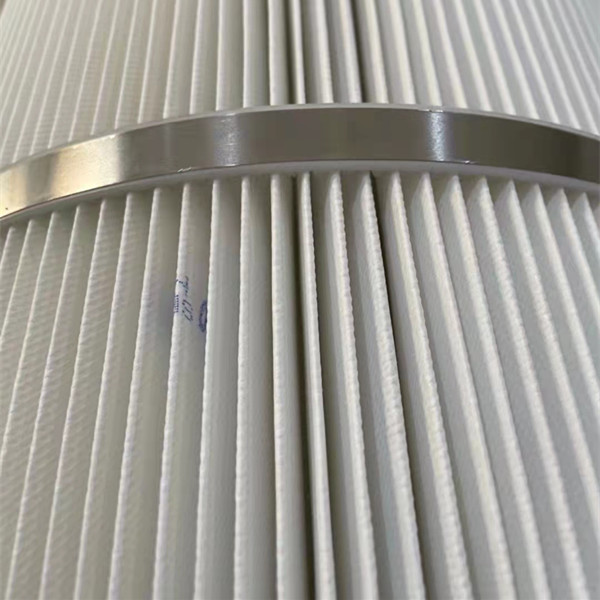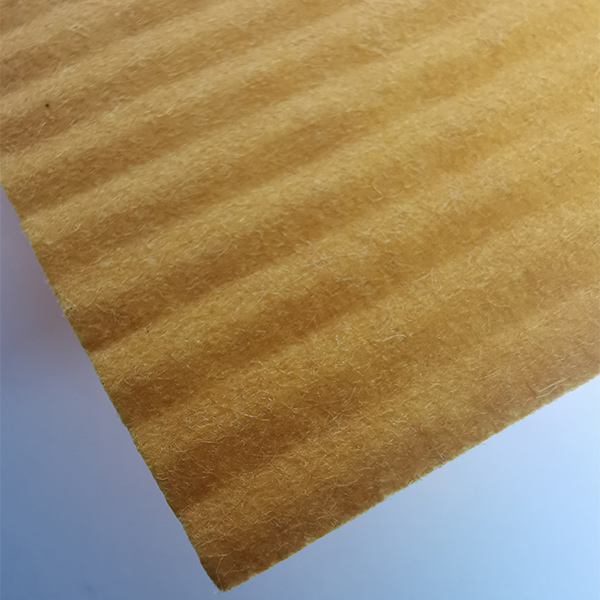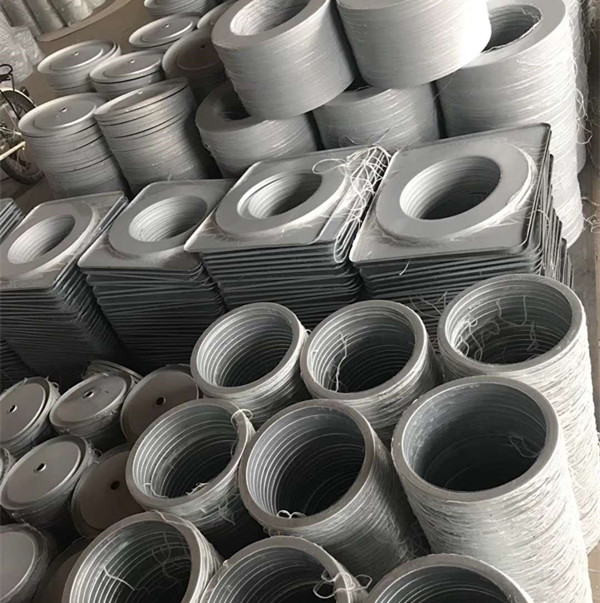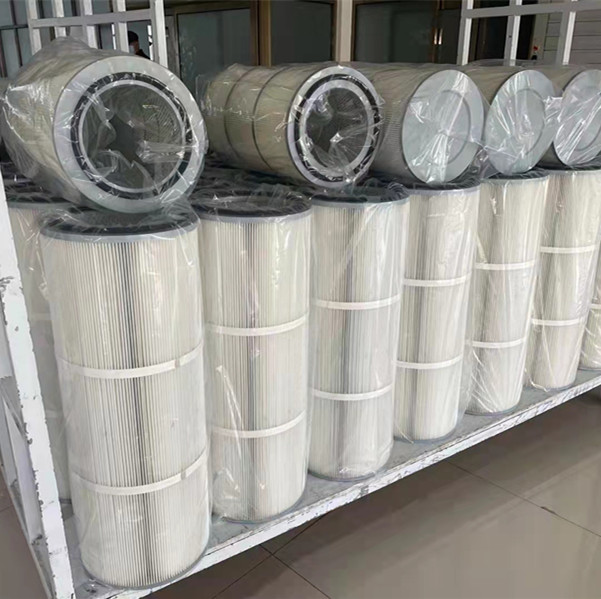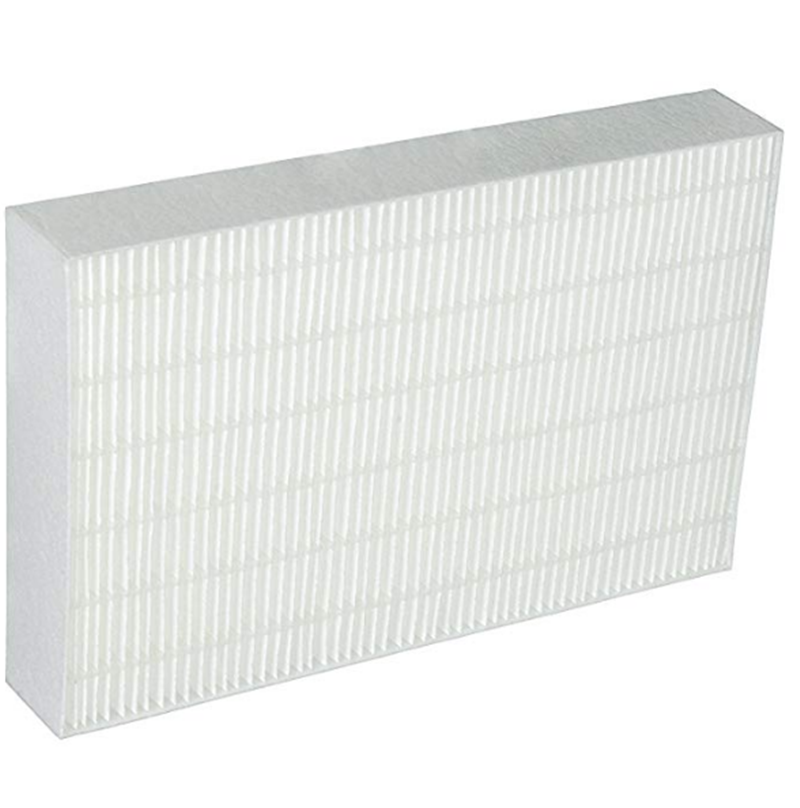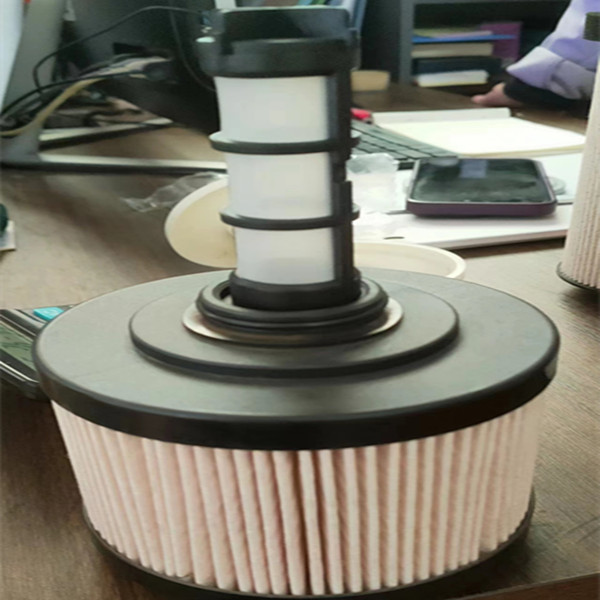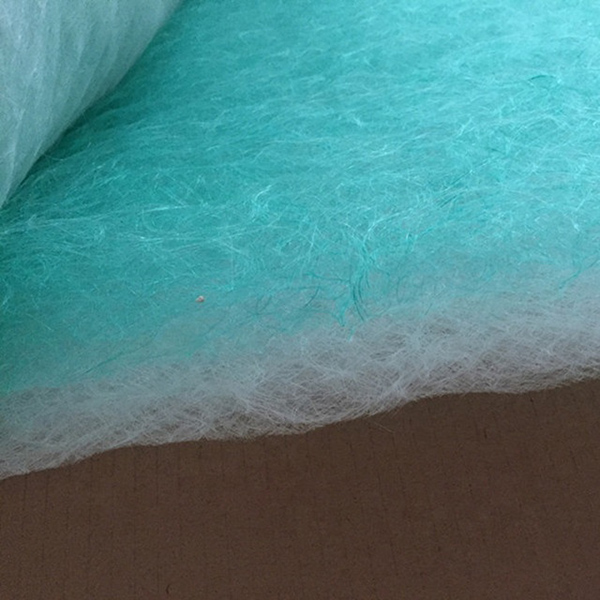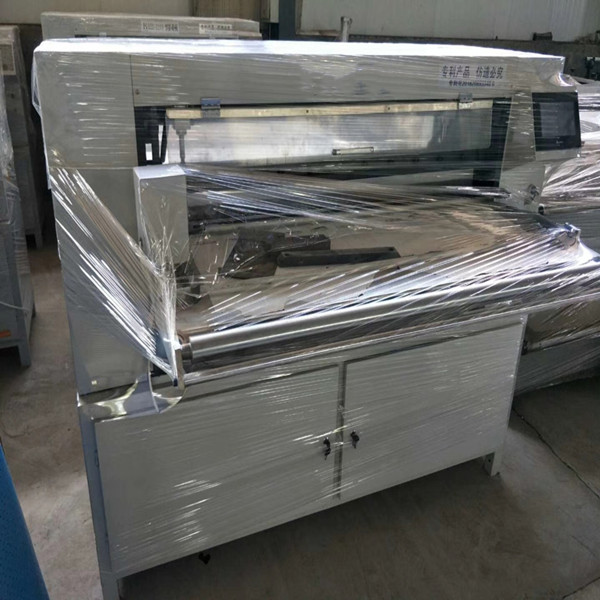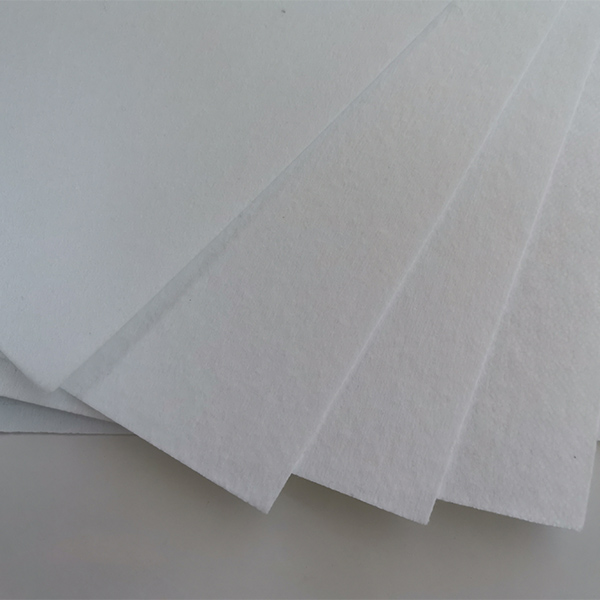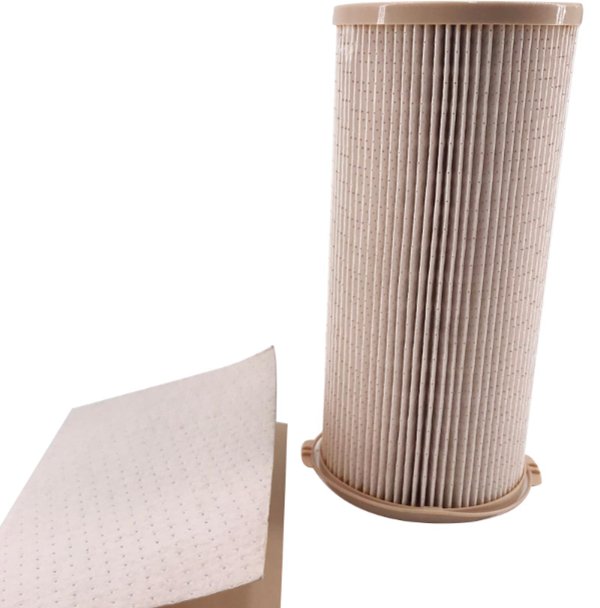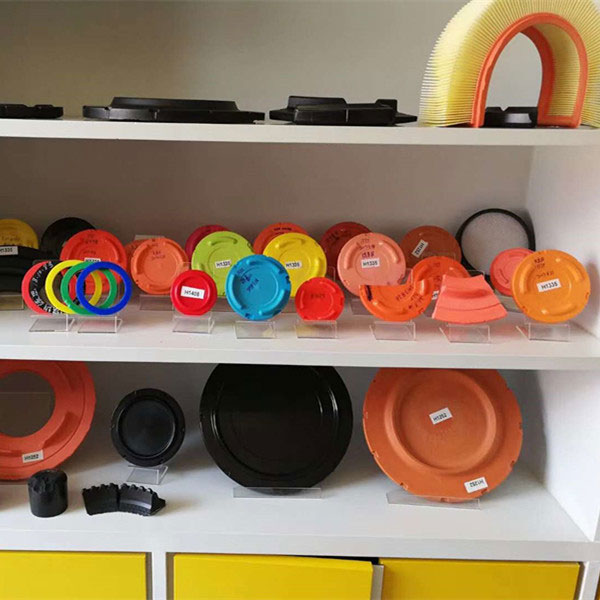When it comes to advanced filtration across industrial, commercial, and residential sectors, fiberglass filter media has emerged as a gold standard. Known for its durability, thermal stability, and exceptional filtration efficiency, this material is used in HVAC systems, cleanrooms, automotive filters, industrial dust collectors, and liquid filtration applications.
Fiberglass filter media is composed of fine strands of glass fibers that are woven or bonded into a uniform, porous mat. The inherent structure allows for high dust-holding capacity while maintaining low resistance to airflow or liquid flow. This dual performance—retention efficiency combined with energy-saving permeability—is why fiberglass is preferred over many synthetic alternatives.
What sets fiberglass filter media apart is its ability to withstand high temperatures and corrosive environments. Whether filtering air in paint booths or capturing contaminants in oil refining, this media remains intact and functional under demanding conditions. Its resistance to moisture, mold, and chemical breakdown further cements its utility in sensitive applications.
Moreover, the material’s dimensional stability allows for easy pleating and forming into cartridges, bags, or panel filters. For engineers and facility managers, this translates into reduced maintenance costs and consistent operational performance.
Top Fiberglass Filter Media Manufacturers: Choosing Quality and Consistency
The selection of fiberglass filter media manufacturers plays a crucial role in the performance and reliability of your filtration systems. In industries such as pharmaceuticals, aerospace, and food production, filtration is not just a utility—it’s a safeguard. That’s why choosing the right fiberglass filter media manufacturers is vital.
Leading fiberglass filter media manufacturers offer a range of products tailored to specific filtration requirements. From ultra-fine HEPA-grade media to coarse pre-filter mats, the offerings vary in fiber diameter, thickness, and binder composition. What reputable manufacturers have in common, however, is quality control, customization capabilities, and international compliance certifications such as ISO 16890 or EN 779.
These manufacturers often invest in research and development to create more efficient, longer-lasting filters. Nanofiber coatings, anti-bacterial treatments, and flame-retardant options are now integrated into many fiberglass-based filter solutions. This technological edge ensures that filters made from their media not only meet but exceed market expectations.
When sourcing from top fiberglass filter media manufacturers, it’s also important to evaluate their production capacity, lead times, and ability to meet bulk orders. Global supply chain stability, packaging solutions, and eco-friendly manufacturing practices are increasingly important to procurement teams.
Ultimately, working with trusted fiberglass filter media manufacturers ensures not only the integrity of your filtration systems but also your compliance with environmental and safety standards.
Glass Fiber Filter: Efficiency Meets Versatility in Filtration Systems
A glass fiber filter is more than just a component—it’s a filtration powerhouse designed for both air and liquid purification. Utilized across HVAC, pharmaceutical, paint spray, and water purification systems, glass fiber filters are chosen for their high efficiency and long service life.
The structure of a glass fiber filter consists of interlaced micro-glass fibers that trap particulates ranging from coarse dust to sub-micron contaminants. Depending on the application, these filters can be designed as flat sheets, pleated elements, or deep-bed filters to suit airflow rates and capture efficiency.
In cleanroom environments, HEPA and ULPA glass fiber filters are the norm. These specialized filters offer over 99.97% efficiency at capturing particles as small as 0.3 microns. The low-pressure drop across these filters ensures energy efficiency, while their high dirt-holding capacity reduces maintenance frequency.
Liquid filtration also benefits from the glass fiber filter. Its chemical resistance makes it suitable for solvent-based processes, oils, and water purification systems. Even in high-viscosity fluids or aggressive media, glass fiber maintains structural integrity and performance.
From industrial plants to hospital ventilation systems, the glass fiber filter plays a critical role in protecting equipment, product quality, and human health—while helping reduce operational costs through longevity and reliability.
Fiberglass Filter Material: Engineered for Demanding Applications
Whether used as pre-filters in HVAC systems or high-efficiency media in cleanrooms, fiberglass filter material remains the cornerstone of reliable filtration. Its adaptability, strength, and resistance to harsh conditions make it a material of choice for filtration system designers and engineers.
Fiberglass filter material can be customized to match specific mechanical and performance parameters. These include fiber density, air permeability, tensile strength, and thermal tolerance. Engineers can work with manufacturers to select a media type that aligns with filtration goals such as capturing PM2.5, reducing VOCs, or resisting microbial growth.
The key benefit of fiberglass filter material lies in its ability to hold particulates without compressing or losing airflow. This is critical in systems that require constant air velocity or fluid pressure. Thanks to its structure, fiberglass does not shed fibers easily, ensuring consistent filtration without contaminating downstream systems.
For use in automotive applications, fiberglass filter material is often embedded in composite layers with activated carbon to eliminate odors and gaseous pollutants. In industrial settings, it is treated with resins to improve flame resistance and durability.
More recently, the demand for sustainable and energy-efficient filtration has driven innovation in fiberglass filter material manufacturing. Recycled glass, eco-friendly binders, and solvent-free processing methods are gaining popularity, aligning with global green manufacturing standards.
How to Choose the Right Fiberglass Filter Media for Your Needs
Selecting the right fiberglass filter media begins with understanding the environment in which it will operate. For HVAC systems in commercial buildings, coarse or medium-efficiency fiberglass is typically sufficient. However, in cleanrooms or medical facilities, HEPA or ULPA-grade media is required.
Consider factors such as particle size to be filtered, airflow rate, temperature exposure, and moisture levels. A high-quality glass fiber filter designed for fine particulate capture may not perform well if exposed to high humidity or chemicals unless it’s been treated for such conditions.
In high-temperature applications like metalworking or food processing, fiberglass filter material with thermal resistance above 250°C is advisable. On the other hand, automotive or paint spray systems may require electrostatically charged fiberglass to enhance particle capture.
Collaborating with expert fiberglass filter media manufacturers can help clarify specifications, especially for custom filter builds. These professionals can run simulations or provide lab data on media performance, helping you make a data-driven decision.
Proper filter selection leads to extended service life, lower energy costs, and improved protection for personnel and products—making the right choice not just practical, but critical.
FAQs About Fiberglass Filter Media and Materials
What is fiberglass filter media made from?
Fiberglass filter media is made from extremely fine strands of glass that are woven or bonded together to form a porous mat. These strands are often treated with a binder to maintain structure and enhance performance in different environments, such as high temperatures or humid conditions.
What are the benefits of using a glass fiber filter over synthetic materials?
Glass fiber filters offer superior heat resistance, higher filtration efficiency, and greater dust-holding capacity compared to many synthetic materials. They’re ideal for demanding applications such as cleanrooms, industrial exhaust systems, and liquid filtration where performance cannot be compromised.
How do I choose between different fiberglass filter media manufacturers?
Look for fiberglass filter media manufacturers with strong reputations, ISO certifications, and consistent quality control processes. Consider whether they offer customized media solutions, technical support, and sustainable manufacturing practices. Reliable manufacturers should also provide documentation for regulatory compliance.
Is fiberglass filter material safe to use?
Yes, fiberglass filter material is generally safe when handled properly. It is non-toxic, fire-resistant, and does not support microbial growth. However, during installation or cutting, proper protective gear should be worn to avoid skin irritation or inhalation of loose fibers.
Can fiberglass filters be used for liquid filtration?
Absolutely. Fiberglass filter material is often used in liquid filtration systems, especially when chemical resistance and fine particulate capture are required. It’s suitable for oil, water, solvents, and other fluids, depending on the binder and density used in the media.
Post time: ມ.ຖ.-18-2025

